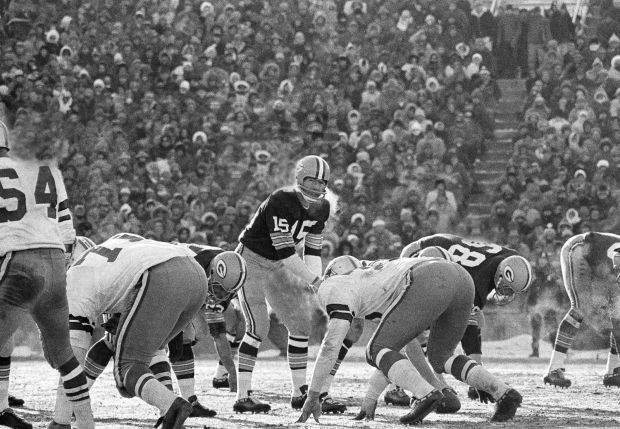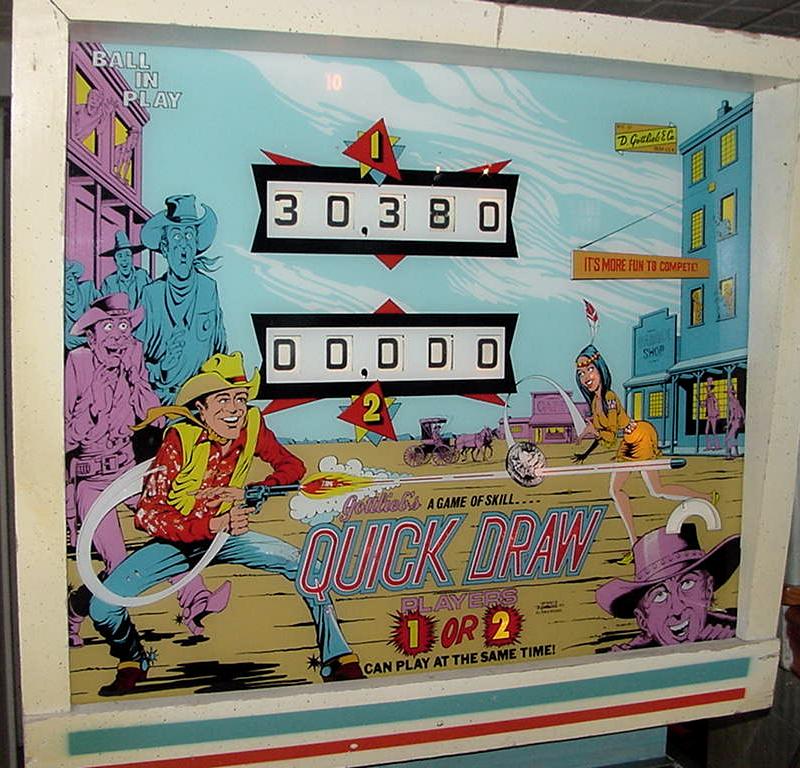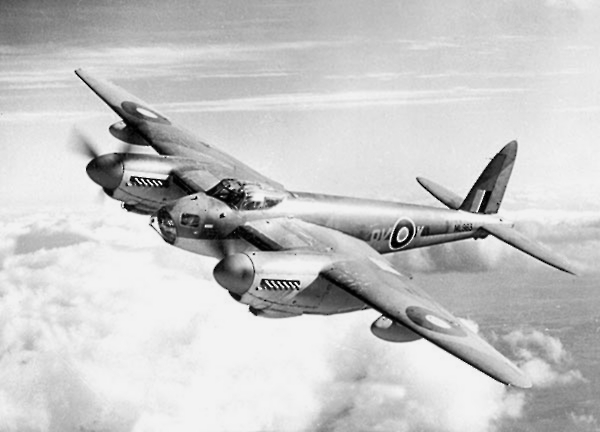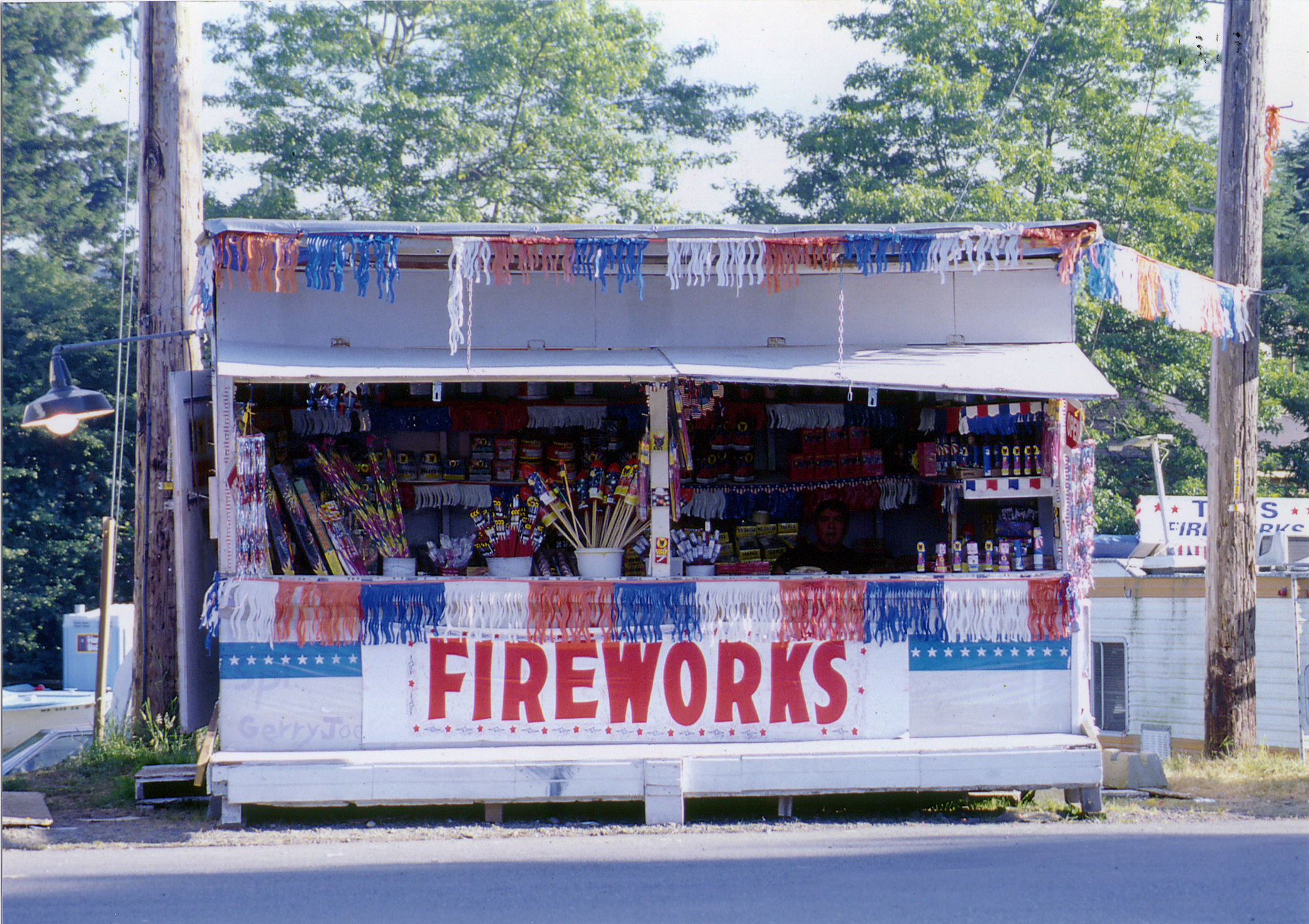This is one of the few artifacts to survive the ex-wife's great purge of 1984,
when she threw away anything that meant anything to me, in retaliation
for making her stay behind and sell the house when I got transferred.
So
when we left our intrepid hero, I was screwing up the climax of REO Speedwagon's concerts and getting reamed for it every other day. I called the office after almost every show,
begging them to ship me the real special effects board. But they were on some sort of cost-cutting kick, and decided that I should let Flash Gordon rewire the controller they had given me, because at least that would shut him up. I was positive this was a bad idea, but was given no choice.
Now, in their defense, the bomb cues were not coming off as planned. In my defense, this wasn't my fault. Each band member was playing to a different beat, the lighting director seemed to have no sense of timing, and the equipment was faulty. I ended up doing this sort of thing for many of the biggest acts of the day, including work for the late Kirby Wyatt, SHOWCO's own lighting director, a man whose fastidious attention to detail and standards of perfection make Tim Gunn look like a Squidbilly by comparison. This tour was the first and only time I ever had a complaint about cues.
The rewiring happened on a day off we had before REO headlined the Rockford Jam, an outdoor show at the Rockford Speedway in Rockford, IL. If you've never been to Rockford, don't sweat it.
Life Magazine once said it was "as nearly typical as any city can be." It's probably best known in the rock and roll context as the home of Cheap Trick. The Rockford Jam that year featured Head East ("Never Been Any Reason"), The Cars, REO, and someone I can't remember. Since Bob was traveling on a different bus, there was no time for testing his work, but Flash wasn't concerned.
The Rockford Jam was remarkable, mostly for its lack of planning and nightmare logistics. Whoever produced this piece of shit knew nothing about outdoor shows. We had no alternate way in, so we sat in traffic for almost two hours before arriving backstage, where there was no place to park the trucks or buses. We rolled or carried the equipment piece by piece through the mud, and by the time we got the gear onstage and plugged in, it was time for the first act to start. There were no walkways cordoned off in the crowd, so every time one of us needed to go from the stage to the lighting and sound consoles at the center of the infield, we were required to walk over the crowd, trying not to step on the people, or their growing collection of fluids and other leavings. This also meant we had to run all of our cables over or around people*, and hope that no one unplugged anything. The whole day was a come-from-behind clusterfuck of epic proportions.
To make matters worse, the music was horrible. You don't take a job like this if you don't love live music, but Holy Hell this was bad. I knew by then that REO would be bad, but I assumed some of the other groups would make up for it. The first band, whose name escapes me, reminded me of the band that played my junior high dances. Head East sounded like they had all been born deaf. Worst of all, I had really been looking forward to seeing The Cars, but they were bored, wasted, off-key, and thoroughly unimpressive. Eventually, it was time for the main event.
Unfortunately, Flash Gordon wasn't even smart enough to realize that a fog curtain would be worse than useless outdoors, so I got to drag all of that crap through the mud, knowing that we would be lucky if any fog made it to the stage at all. And also knowing that it would put the band in a foul mood once again. I finally got the pyrotechnics prepped during what should have been dinner, plugged in my newly rewired pyro box, and waited for my cue.
This is the part where I have to teach you more than you ever wanted to know about concert pyrotechnics. A flashpot is generally some sort of metal container, wired with an electrical cord. The ones that are sold commercially are a couple of inches on a side, and are recommended to use up to a half teaspoon of flash powder. We used roasting pans and washtubs, and loaded between a half an ounce and a quarter pound of powder in each. An electric match or squib would be connected to the terminals on the pan, and placed in contact with the powder. When current is applied to the circuit, that's rock and roll.
There are any number of ways to close the circuit, from foot switches to plungers to just touching bare wires to a battery. Our board used 12 volts direct current generated by a 110 volt transformer, and had military-grade safety switches, like the setup shown in the professional grade artwork below.
Artists misconception: this isn't even right. There were
twelve switches, a push button for each, and one key
to arm the whole system. Just work with me on this.
Each flashpot had it's own circuit, with an LED, a safety switch, and a little red button. When the key was turned, the LED's for correctly wired circuits would glow green. When the rocker cover was raised and the switch was thrown, the circuit was armed, and the light changed to red. After that, pushing the button would set off the explosion. Or at least that was the plan.
Mis-wired circuits didn't light, and I always liked to turn the key a minute or two early, so that I would have time to run around and fix any connections that may have come loose during the show. This time when I turned the key, one of the pots exploded.
Hmm, that was weird. The band members turned to me as one, and gave me a look that was, by now, all too familiar. All the lights were green except for the one that had just gone off, so I waited. A half minute later, when I threw the first switch to arm the first flashpot, the one at the front right corner of the stage went off. This was right in the middle of Gary Richrath's big guitar solo, so Kevin Cronin just happened to be dancing around on the right front corner of the stage, and the explosion was about three feet from him. If I close my eyes I can still see the fury in his face, his bro-fro blowing in the breeze from the big wind machines onstage, as he dropped any pretense of being involved in the music and pointed at me in the expression that universally means, "You are dead!" He remembered where he was after a second or two, and turned back to the crowd.
Flash was thoroughly panicked by now, and was yelling into the headsets, "Turn it off! Turn it off!" I flipped down the rocker switches to disarm the rest of the pots, and another bomb went off. When I turned off the key, one of the washtubs exploded. By now, the band barely knew where they were in the song, and everyone backstage was looking at me. The real bomb cues were approaching, and the best way to disarm one is to set it off, so in the end I just randomly turned things on and flipped switches until all of the remaining pots were expended. A couple were even on the beat. To this day, I can't tell you what the problem was, but it seemed like everything I touched was connected directly to some common firing circuit.
As soon as the show was over,** Kevin Cronin stormed over and gave me a cursing such as I have never heard. And I've worked retail. He cursed me, my company, my ancestry, and pretty much anything else he could think of, for probably two minutes. He was actually clenching his fists and stomping his little feet, he was so angry. It was like Richard Simmons impersonating Yosemite Sam. I may not have helped when I responded to this tirade with a cheerful-sounding, "Thanks for your feedback!" as he walked away. He turned and gave me another round, and I think he would have jumped on me if I hadn't been about twice his size.
I assumed I was fired, which was going to be the only thing that saved the day. Unfortunately, once people calmed down and things were explained, the band sent one of their minions to apologize for Kevin's outburst, and I think they even sent me a beer. Of course, not one of them was man enough to come himself, and Kevin always managed to be somewhere other than where I was after that.
By now, even the shop was convinced, and they shipped out my effects board the next day. One of our sound guys rewired the control box to bypass all of the safety circuits and interlocks to get us through the next couple of shows. I threw it in the dumpster behind whatever arena we were playing when the real board arrived.
I stayed on the tour for a few more weeks, when I was saved by Paul McCartney's tour to Japan. He was scheduled to use every special effect we owned, including bubble machines, so I was needed back in Dallas to get all that together and put it on a boat to Japan. That ended up being a fiasco of a different color, but that's a story for another time.
I'm only now getting to the point where I'm able to listen to a few REO songs all the way through. The onstage sound mixer for the tour, who has remained a good friend of mine, still can't make it past the opening synthesizer blast from "Ridin' the Storm Out" without suffering a minor panic attack.
* Typically, the control cables were run along the edges of arena floors, or along the side of the cordoned walkways for outdoor shows. This also tended to be the most convenient place for people who overindulged, or maybe suffered from hairballs, to relieve themselves of their gustatory burdens. You did not want to be the person whose job it was to roll up these cables at the end of the night, especially for a band like REO. And you could find the box those cables traveled in by smell alone.
** And I mean as soon as the show was over. He didn't even leave the stage after the song. The people in the front row were treated to an encore they did not expect.




















